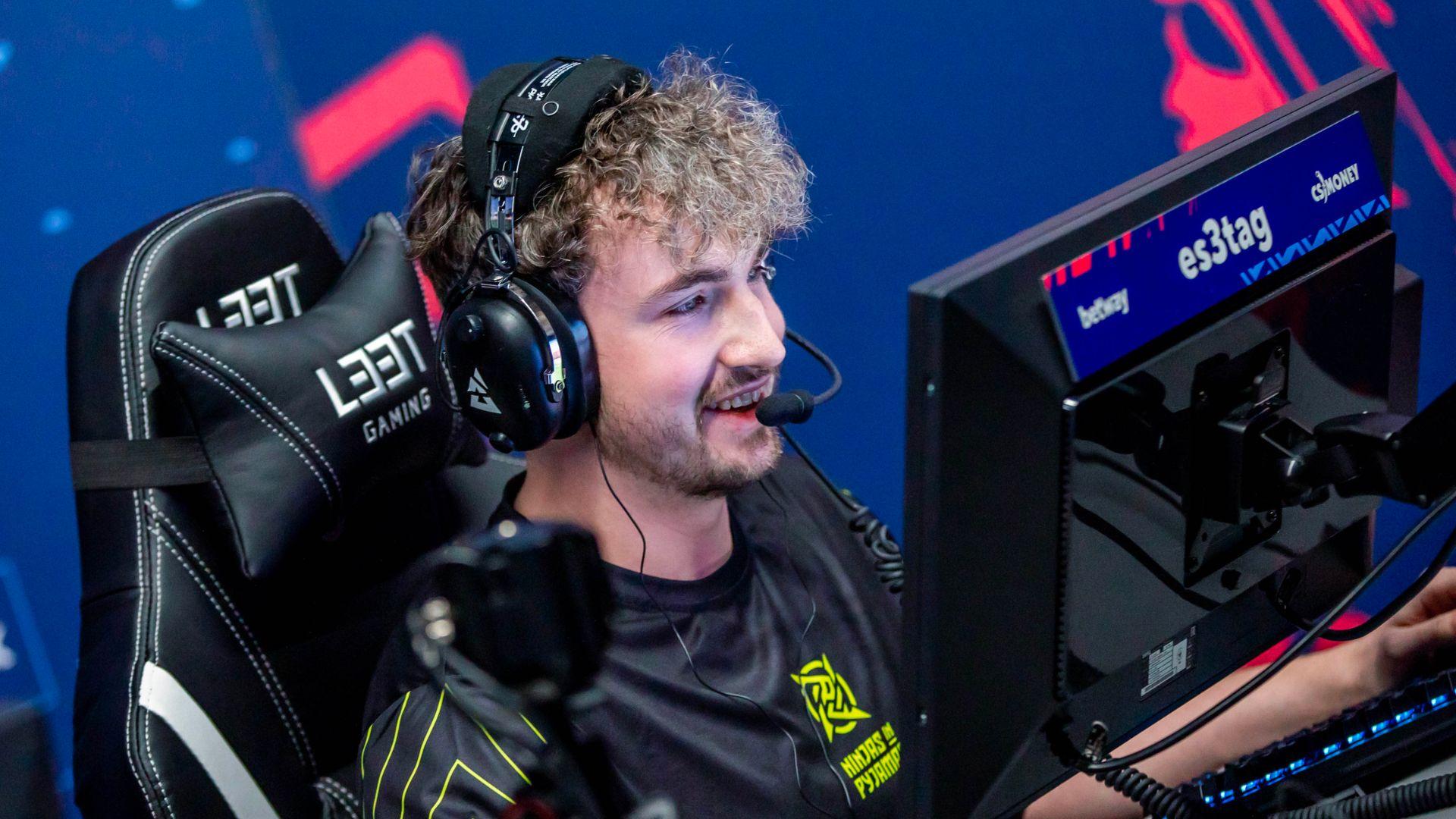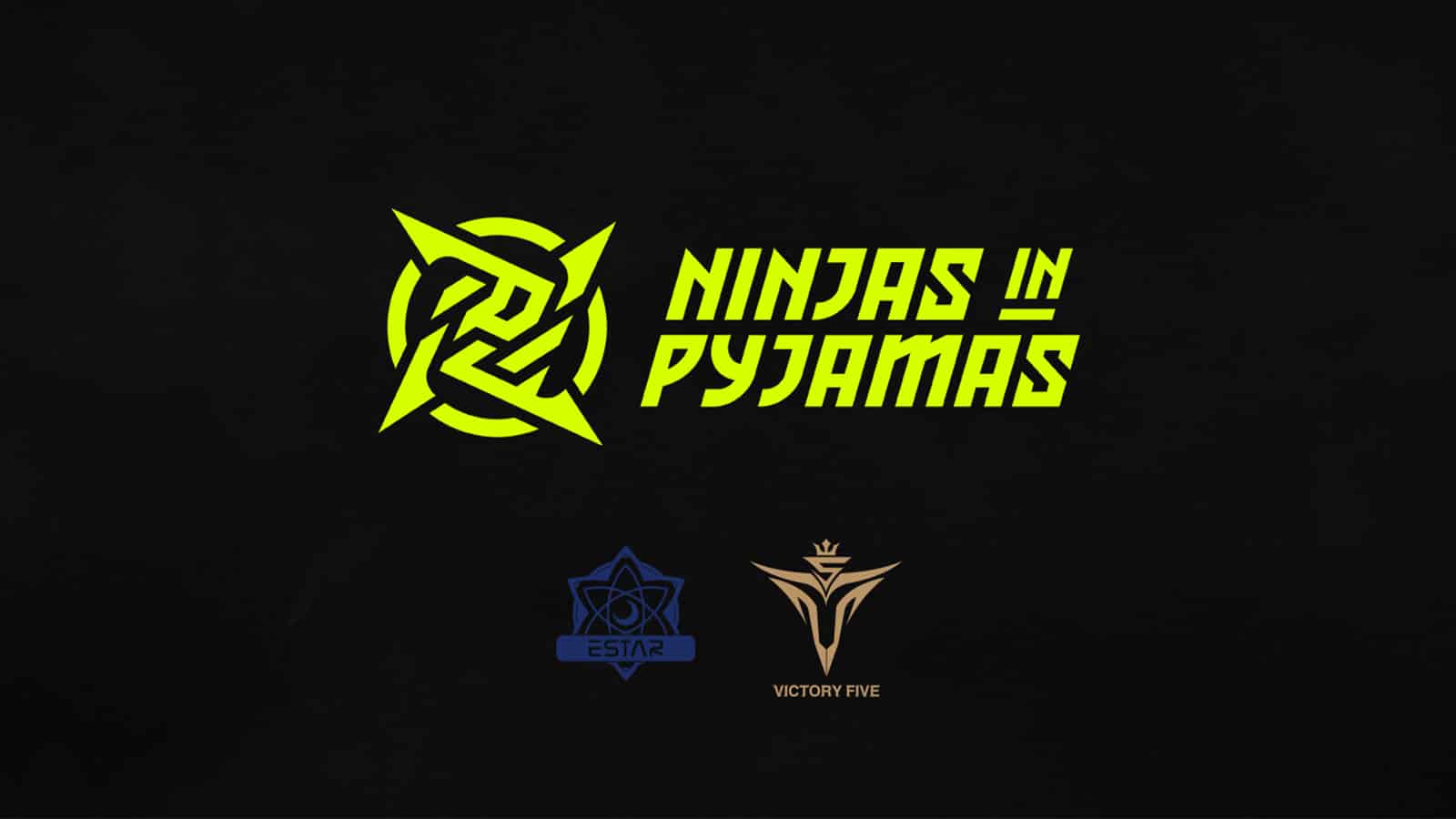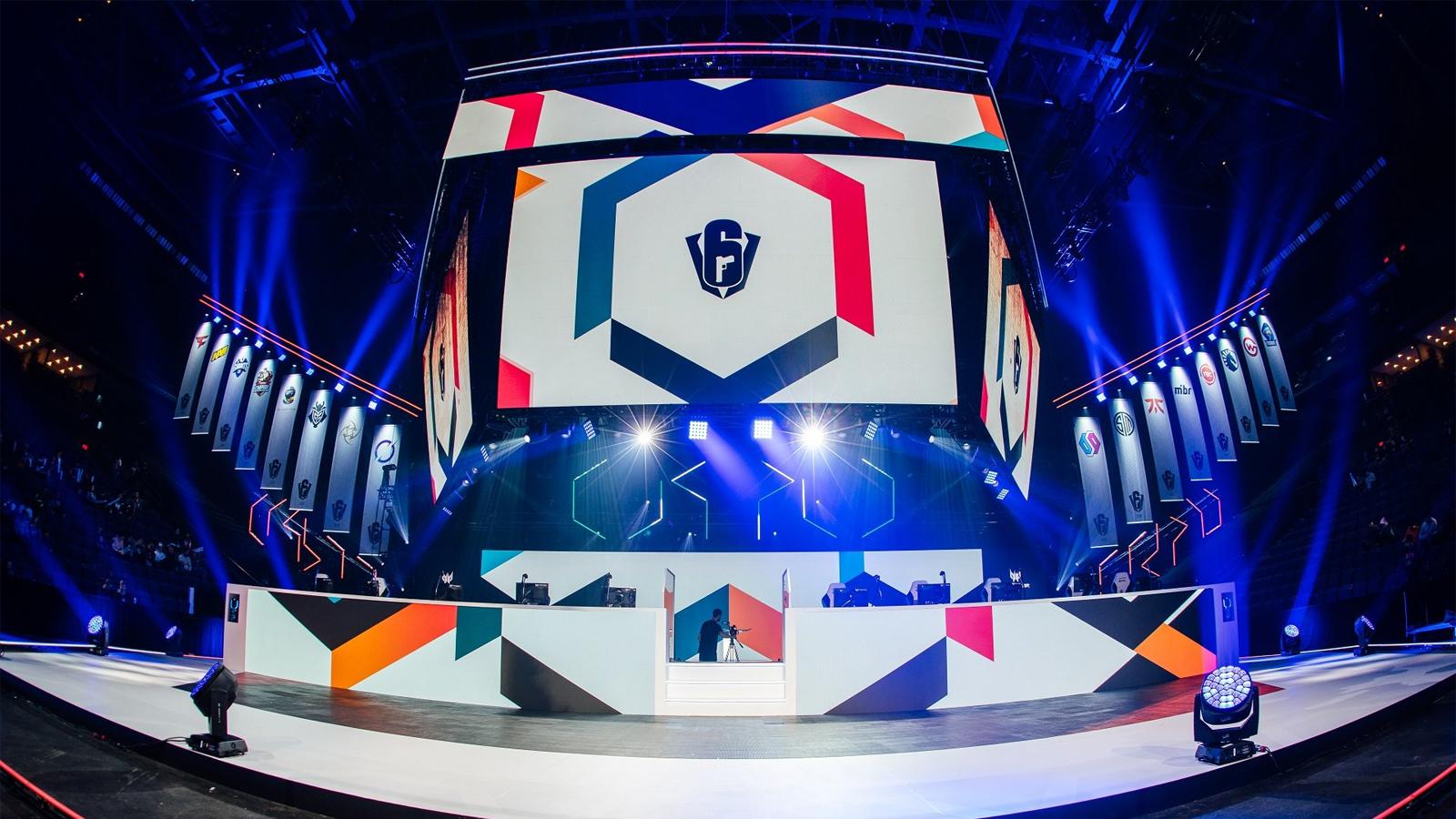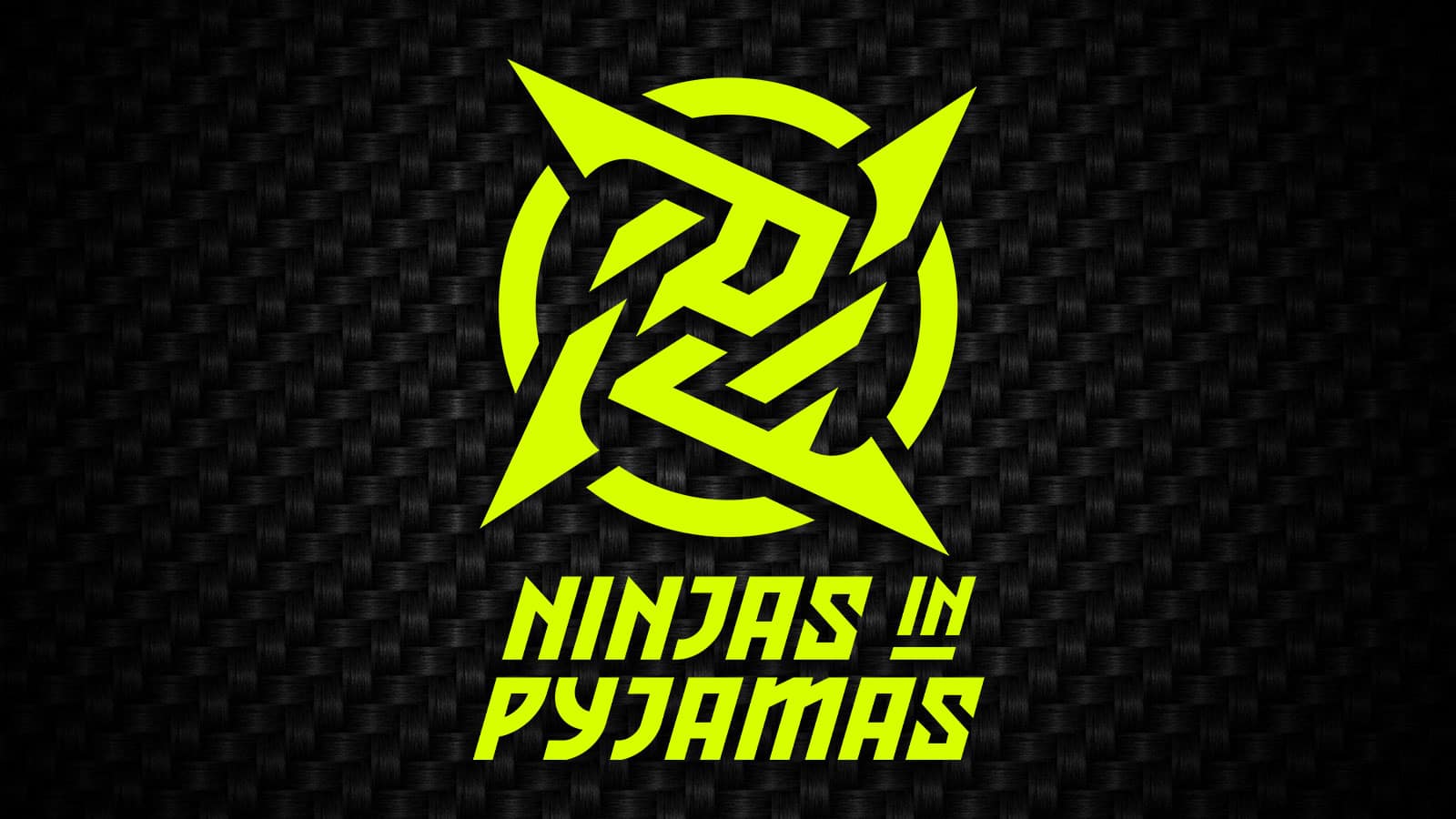Adam Fitch: Why Ninjas in Pyjamas’ rebrand doesn’t need to please everyone
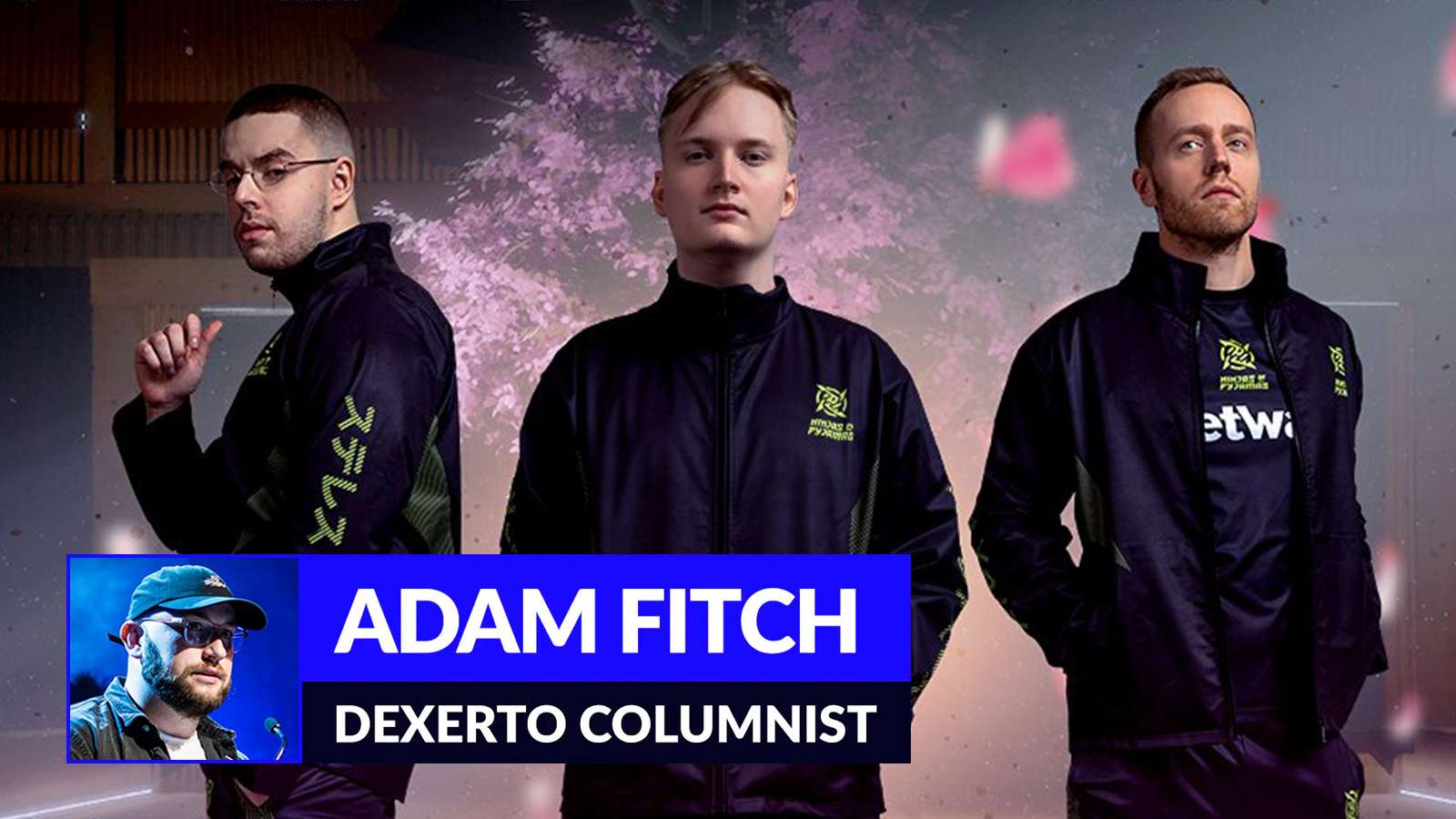 NiP
NiPWe’re just one month into 2021, a year we collectively entered with hope, and it’s quickly been established as the ‘year of the rebrand’ in our beloved esports industry. The latest entry in this busy January was from Ninjas in Pyjamas, and it’s safe to say it wasn’t received well by everybody. It didn’t need to be, though.
It was on January 25 that the legendary Swedish organization finally unveiled what they had been teasing throughout the prior week. It was a fresh, brightly-colored logo, one that they carefully considered as they enter into their next ‘era.’
This isn’t the first change of visual identity for Ninjas in Pyjamas — in fact, it’s the fourth. They had become well-known for their brown and gold color scheme and messy shuriken-inspired logo, so when they revealed their new neon-yellow, vaguely-recognisable emblem, it was met with some apprehension, to put it kindly.
Negative responses are to be expected when you change something that people have grown familiar with. That’s fine. Quite simply, it would be impossible to change anything in the esports industry without somebody getting upset. The criteria you need to fulfil in order to please everybody is too extensive and, frankly, insurmountable.
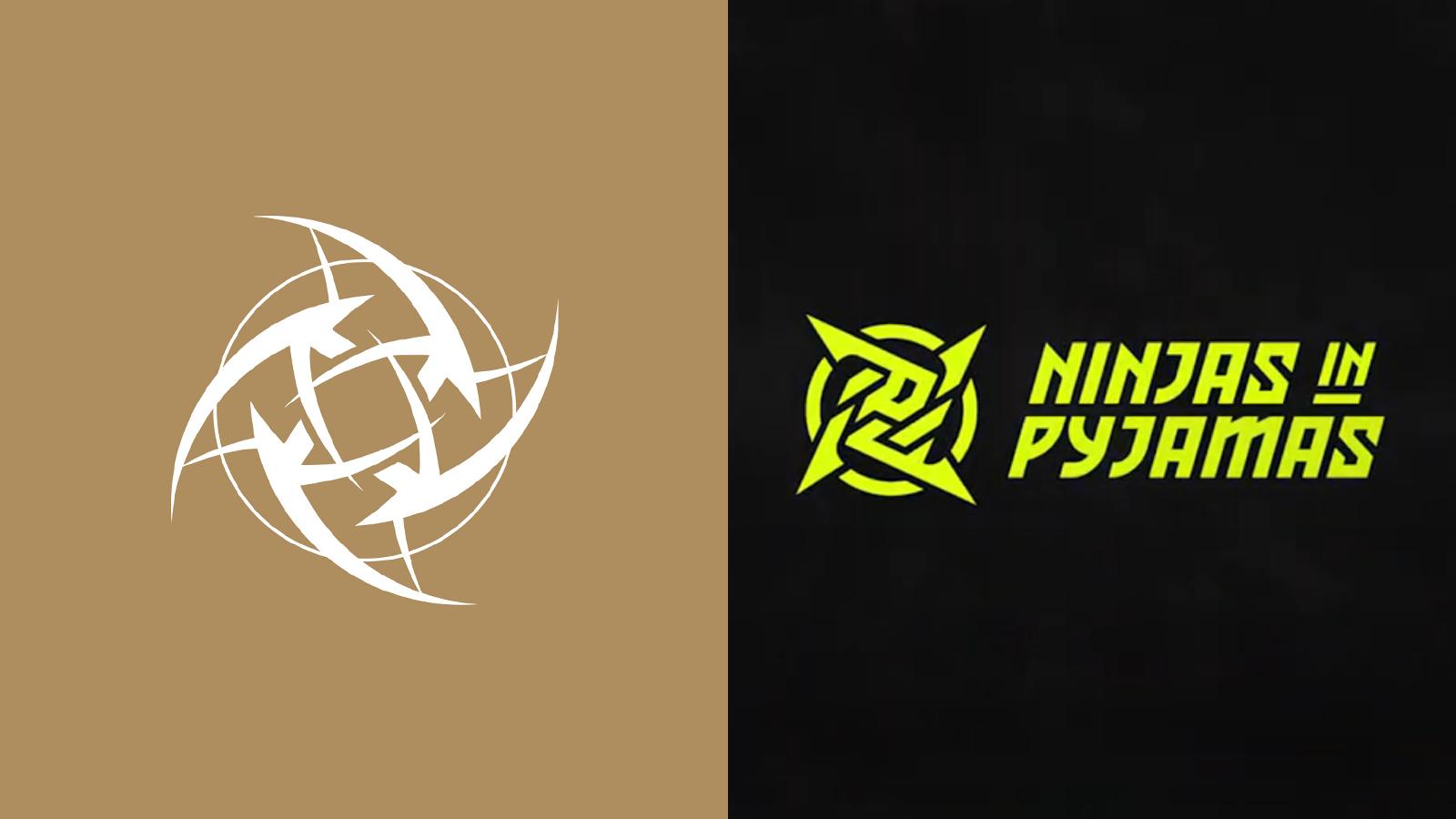 NiP
NiPThink about what a designer has on their plate when they decide to tackle an esports rebrand. They need to create something new that: looks to the future, honours the legacy of what came before it, appeals to fans across multiple titles, condense the ethos of the company it represents, and looks good across physical and online mediums alike. That’s a lot for just one medium to pull off.
Ninjas in Pyjamas are best known for their Counter-Strike team, which set records from September 2012 to April 2013, not dropping a single map in 87 consecutive matches. Long-term fans will likely always come back to that period of time when they think of NiP. Short-term fans, however, are unlikely to be familiar with the impressive streak. Perhaps they follow the organization because of their roster in Riot’s CSGO rival Valorant, instead. NiP represents different things to different people and that can’t be avoided.
Trying to appeal to fans across multiple titles is a pointless endeavour. This is a problem that’s rather unique to esports when you consider it as part of the sports landscape. A football club only competes in football; Manchester United isn’t also present in cricket, rugby, and volleyball. They have more focus when it comes to their fan base, as well as the localization of their brand working in their favor. The demographics across esports are widely game-dependent and, thus, I believe esports fans don’t exist.
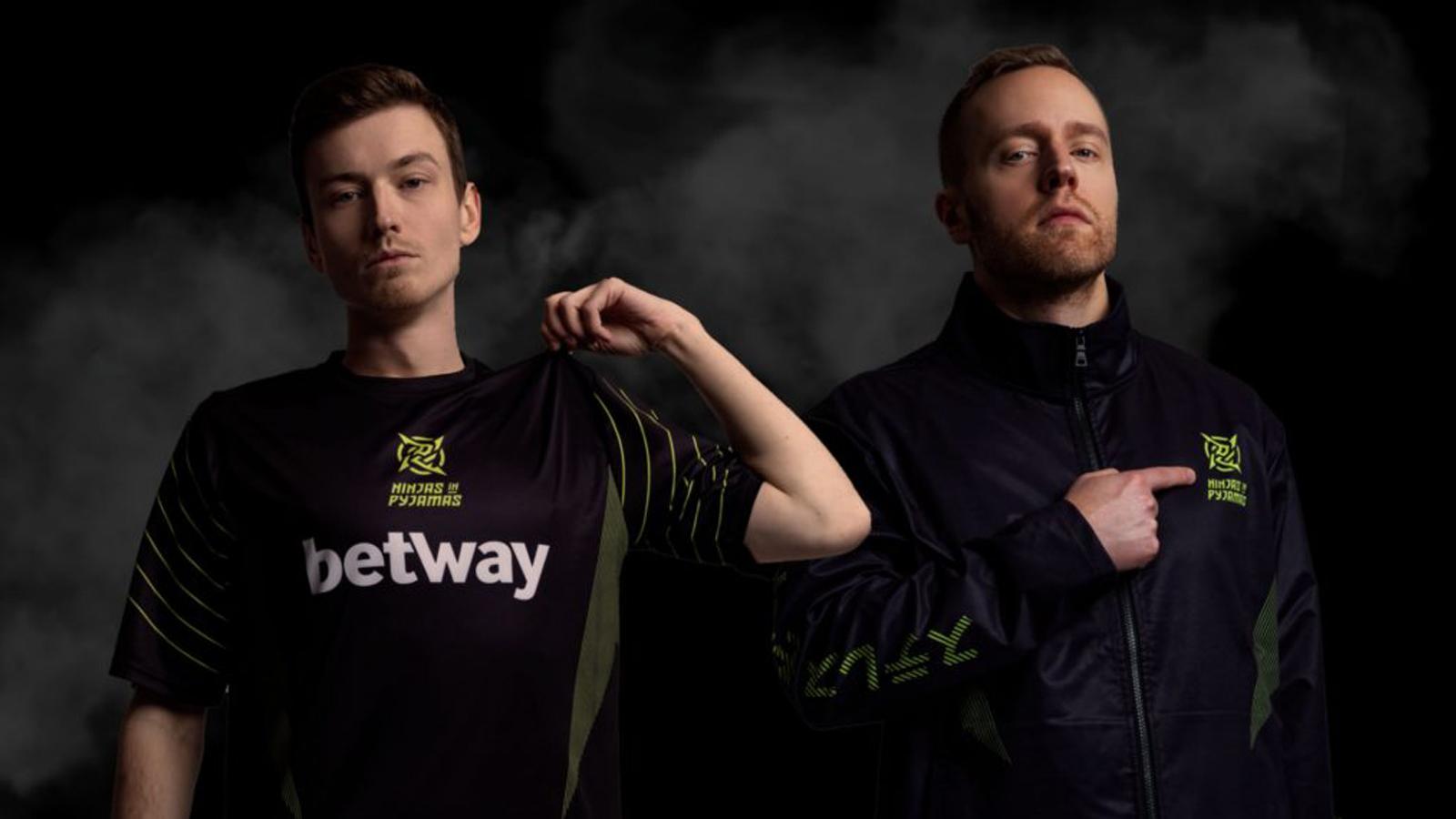 NiP
NiPAnother unfortunate feature of esports fandom, generally speaking, is that there are plenty of fans of players instead of teams. I don’t attribute this to poor branding across organizations as much as I believe viewers just want to follow the players they feel are the best or most entertaining. Again, this is the inverse of the status quo in most traditional sports.
My message to those at Ninjas in Pyjamas is simple: Ladies and gentleman, you didn’t please everybody, but you didn’t need to. You’re better off setting yourselves up for the future in the way that aligns best with your mission and values.
You may have alienated some fans but you’re now well-equipped — if your decision-making behind this change is as sound as I believe it to be — to acquire new supporters while continuing to make your true, loyal fans proud. Keep pushing to be better, no matter the criticism you receive in the process, and you’ll enjoy another 20 years of growth.
